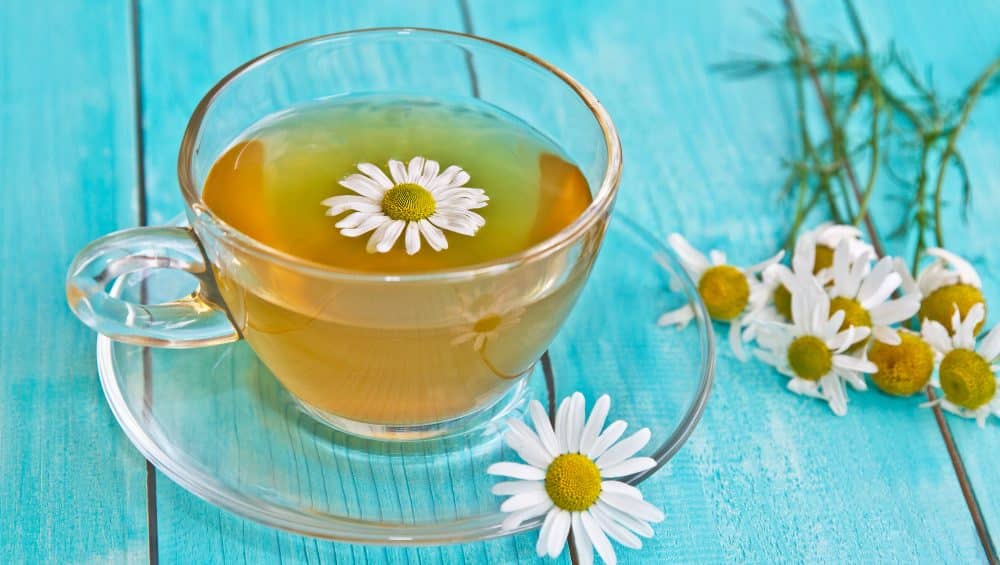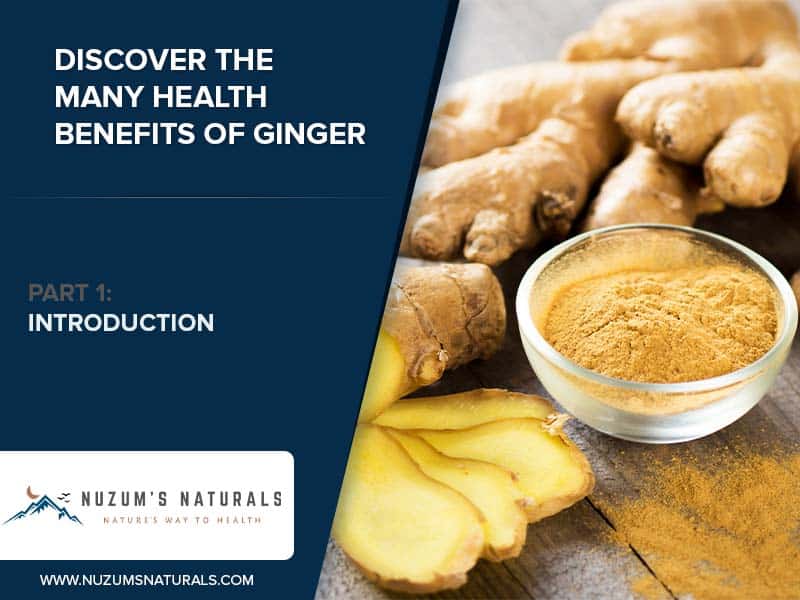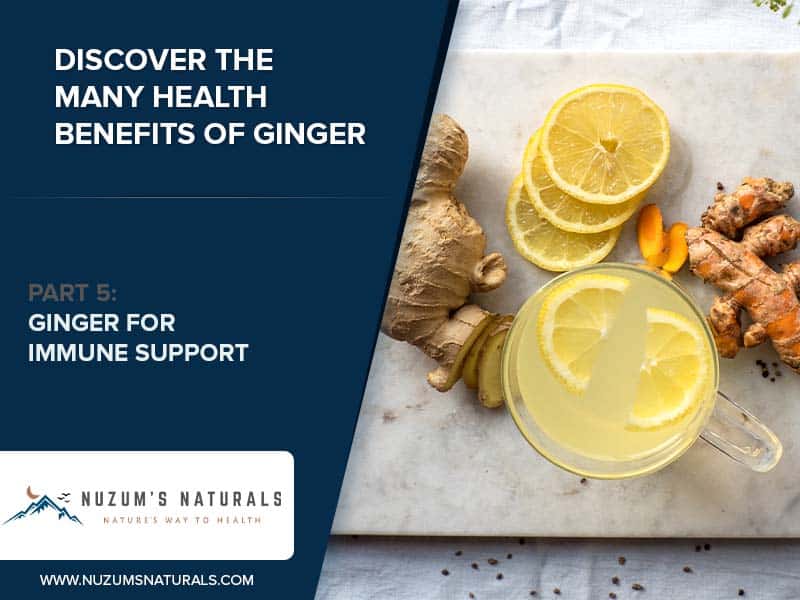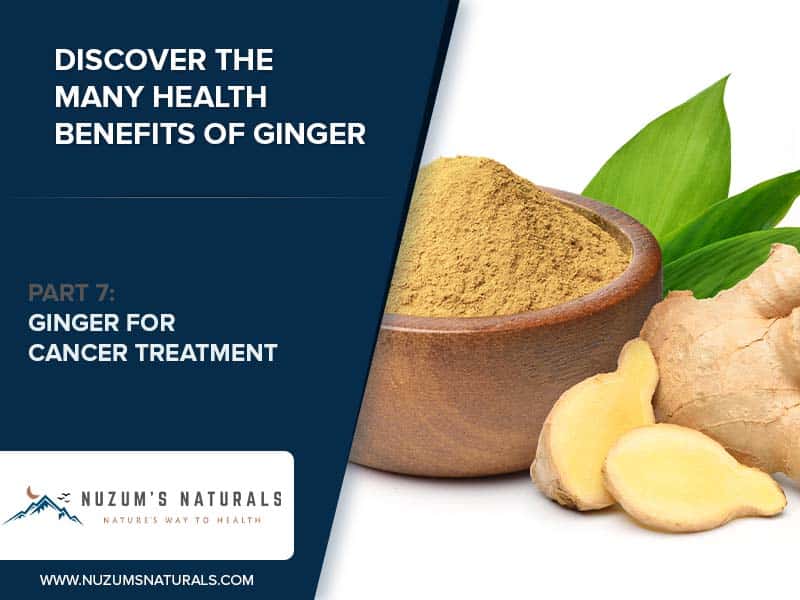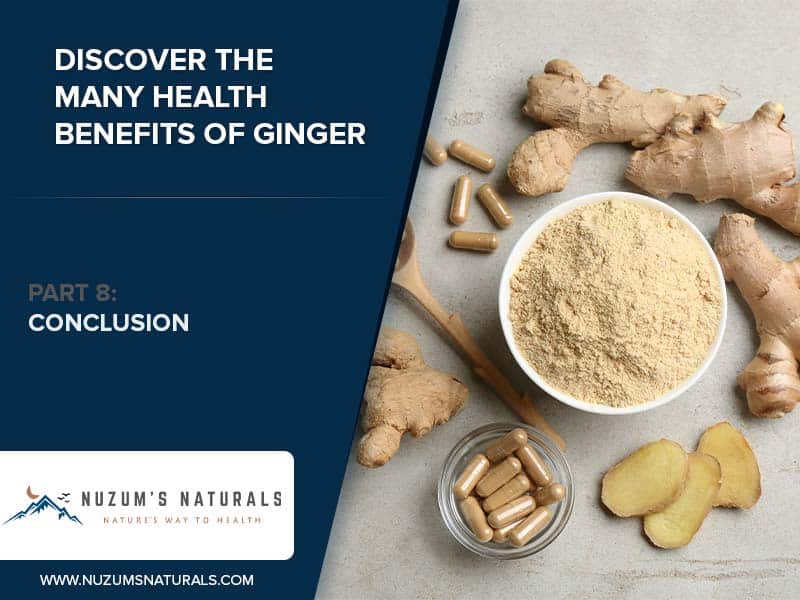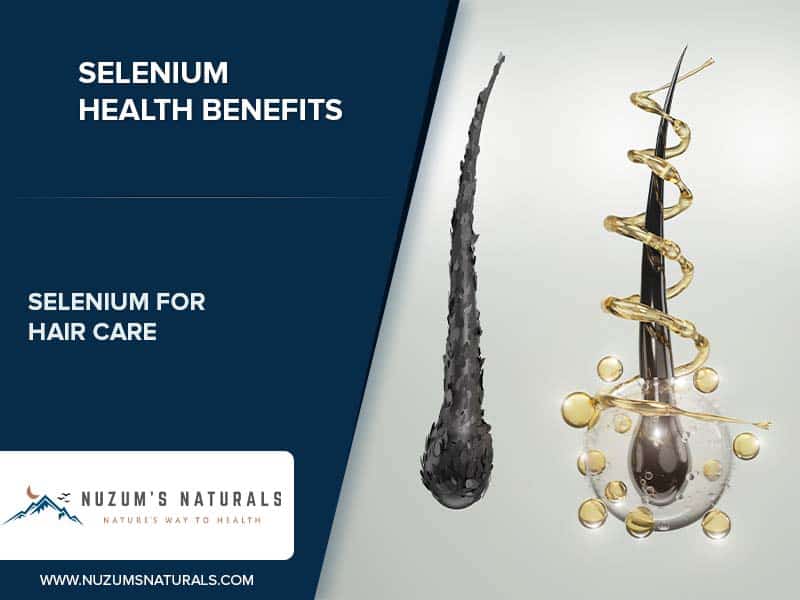Soothe Your Mind And Body With Chamomile
Are you looking for natural and effective remedies to treat common ailments? Many people rely on prescription medications, but these come with a range of potential side effects. Fortunately, there is an alternative – chamomile!
This traditional herb has been used for centuries in traditional medicine, and modern studies have found evidence of its effectiveness in treating stress, anxiety, sleep disorders, digestive issues, and skin conditions. With chamomile, you get all the benefits without any of the risks associated with prescription medications! In this article, we’ll explore the science behind chamomile and its potential health benefits. We’ll delve into the chemical composition and active compounds of chamomile as well as research its effectiveness for various health concerns. Read on to learn more about how incorporating chamomile into your daily life can help improve your overall well-being!

1Introduction: Unlock The Secrets Of Chamomile
Chamomile, also known as Matricaria chamomilla or Matricaria recutita, is a flowering plant that belongs to the daisy family; it is native to Europe and Asia but can now be found throughout the world. Chamomile has been used for centuries in traditional medicine for its soothing properties. It is commonly consumed as a tea but can also be found in supplements and skincare products. Traditionally, chamomile has been used to treat a variety of ailments, including insomnia, anxiety, and digestive issues. It is also believed to have anti-inflammatory and antibacterial properties, making it a popular ingredient in skincare products.
The purpose of this article is to explore the science behind chamomile and its potential health benefits. We will delve into the chemical composition and active compounds of chamomile as well as research its effectiveness for stress and anxiety, sleep and insomnia, digestive health, and skin care. By the end of this report, readers will have a deeper understanding of the potential benefits of chamomile and how to incorporate it into their daily lives. Key takeaways from the report include the potential health benefits of chamomile, its traditional uses, and recommendations for incorporating it into daily life.
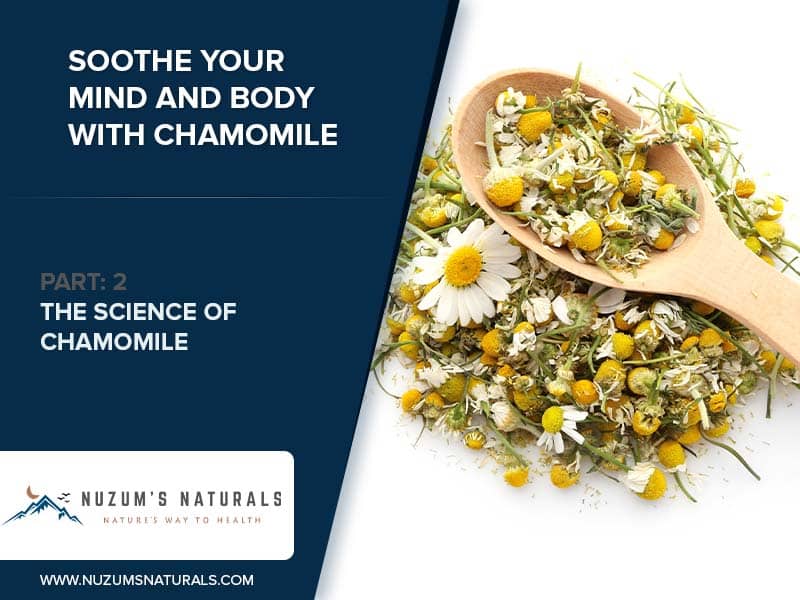
2The Science Of Chamomile
Chamomile contains a wide range of compounds, including terpenoids, flavonoids, and essential oils. The two main types of chamomile used in medicine are German chamomile and Roman chamomile; German chamomile contains high levels of the compounds chamazulene and bisabolol, while Roman chamomile contains high levels of the compound farnesene. These compounds are believed to be responsible for the plant’s medicinal properties. The active compounds in chamomile have been found to have anti-inflammatory, antibacterial, and antioxidant properties. These compounds also have the ability to interact with the body’s natural systems, such as the nervous and digestive systems.
Research on chamomile has found that it may have a range of health benefits. One of the most well-known benefits is its ability to promote relaxation and sleep. Studies have found that consuming chamomile tea or supplements can lead to improved sleep quality and duration. Chamomile has also been found to have anti-inflammatory and pain-relieving properties, making it a potential treatment for conditions such as osteoarthritis and menstrual cramps.
Chamomile has also been found to have a positive effect on the digestive system. Studies have found that chamomile can help relieve symptoms of indigestion and stomach discomfort. Additionally, chamomile has been found to have antibacterial properties, making it a potential treatment for conditions such as diarrhea and urinary tract infections. There is also research on the effects of chamomile on the skin, and its anti-inflammatory, antibacterial, and antioxidant properties make it a popular ingredient in skincare products. It is believed to help reduce redness and inflammation as well as promote a more even skin tone.

3Chamomile For Stress And Anxiety
Chamomile has been found to have a calming effect on the nervous system. The compounds in chamomile, such as bisabolol, are believed to interact with the body’s natural systems, such as the GABA receptors in the brain, which play a role in regulating anxiety and stress. This interaction helps promote a state of relaxation, which can help reduce feelings of stress and anxiety.
A number of clinical studies have been conducted to investigate the effectiveness of chamomile for stress and anxiety. One study found that consuming chamomile tea for eight weeks led to a significant reduction in symptoms of anxiety compared to a placebo. Another study found that a chamomile supplement was effective in reducing symptoms of generalized anxiety disorder. A review of multiple studies found that chamomile was effective in treating mild to moderate symptoms of anxiety. While more research is needed to fully understand the effectiveness of chamomile for stress and anxiety, the current research suggests that it may be a useful natural remedy for these conditions.

4Chamomile For Sleep And Insomnia
Chamomile has been traditionally used as a natural remedy for insomnia and other sleep disorders. The compounds in chamomile, such as apigenin, are believed to interact with the body’s natural systems to promote relaxation and improve the quality of sleep. Apigenin binds to specific receptors in the brain that are responsible for promoting calmness and drowsiness, which can help improve sleep onset and duration.
Several studies have been conducted to investigate the effectiveness of chamomile for insomnia. One study found that consuming chamomile tea for four weeks led to a significant improvement in sleep quality compared to a placebo. Another study found that chamomile supplements were effective in improving sleep quality and reducing symptoms of insomnia. A systematic review of multiple studies found that chamomile is effective in treating mild to moderate insomnia.

5Chamomile For Digestive Health
Chamomile has been traditionally used as a natural remedy for digestive issues, such as indigestion and stomach discomfort. The compounds in chamomile, such as bisabolol, are believed to have anti-inflammatory and anti-spasmodic properties, which can help reduce inflammation and muscle spasms in the digestive tract. This can help alleviate symptoms of indigestion and stomach discomfort. Additionally, chamomile has been found to have a relaxing effect on the smooth muscles of the digestive system, which can help promote regular bowel movements and reduce constipation.
There have been several studies that have been conducted to investigate the effectiveness of chamomile for digestive issues. A study found that chamomile tea was effective in relieving symptoms of indigestion and stomach discomfort. Another study found that chamomile supplements were effective in reducing symptoms of irritable bowel syndrome (IBS). A systematic review of multiple studies found that chamomile has potential benefits for digestive health and may be effective in treating mild to moderate symptoms of indigestion, stomach discomfort, as well as other digestive issues like IBS.

6Chamomile For The Skin And Beauty
Chamomile has been traditionally used in skincare products due to its anti-inflammatory and antioxidant properties. These properties may help reduce redness and inflammation and protect the skin from damage caused by free radicals. Additionally, chamomile has been found to have a calming effect on the skin, which can help reduce redness and promote an even skin tone. It is also believed to help in reducing the appearance of fine lines and wrinkles.
Several studies have been conducted to investigate the effectiveness of chamomile in skincare products. One study found that a cream containing chamomile extract was effective in reducing symptoms of eczema. Another study found that a chamomile-based skincare product was effective in improving skin hydration and reducing redness. A systematic review of multiple studies found that chamomile has potential benefits for the skin and may be effective in treating mild to moderate skin conditions, such as eczema, and may also have a positive impact on skin hydration and reducing redness.

7Conclusion: Experience The Benefits Of Chamomile
Throughout this report, we’ve explored the science behind chamomile and its potential health benefits. We’ve delved into the chemical composition and active compounds of chamomile as well as research on its effectiveness for stress and anxiety, sleep and insomnia, digestive health, and skin care. The key takeaways from the report include the potential health benefits of chamomile, its traditional uses, and recommendations for incorporating it into daily life.
One of the most popular ways to incorporate chamomile into daily life is by drinking chamomile tea. To make chamomile tea, simply add a few dried chamomile flowers to a cup of hot water and let it steep for several minutes. Drinking chamomile tea before bed can help promote relaxation and improve the quality of sleep. Chamomile can also be found in supplements and skincare products, which can be used to target specific health concerns.
If you’re interested in learning more about chamomile and its potential health benefits, there are several resources available. The National Center for Complementary and Integrative Health (NCCIH) is a great place to start, as they provide a wealth of information on the science behind chamomile and other complementary and alternative therapies. Additionally, consulting a healthcare professional or herbalist is always recommended before starting any new treatment.
In conclusion, chamomile has been traditionally used for centuries in traditional medicine for its soothing properties. Studies support that chamomile may have a range of potential health benefits, such as promoting relaxation and sleep, relieving digestive issues, and improving the health of the skin. Incorporating chamomile into daily life can be as simple as drinking chamomile tea before bed or using chamomile supplements and skincare products.

